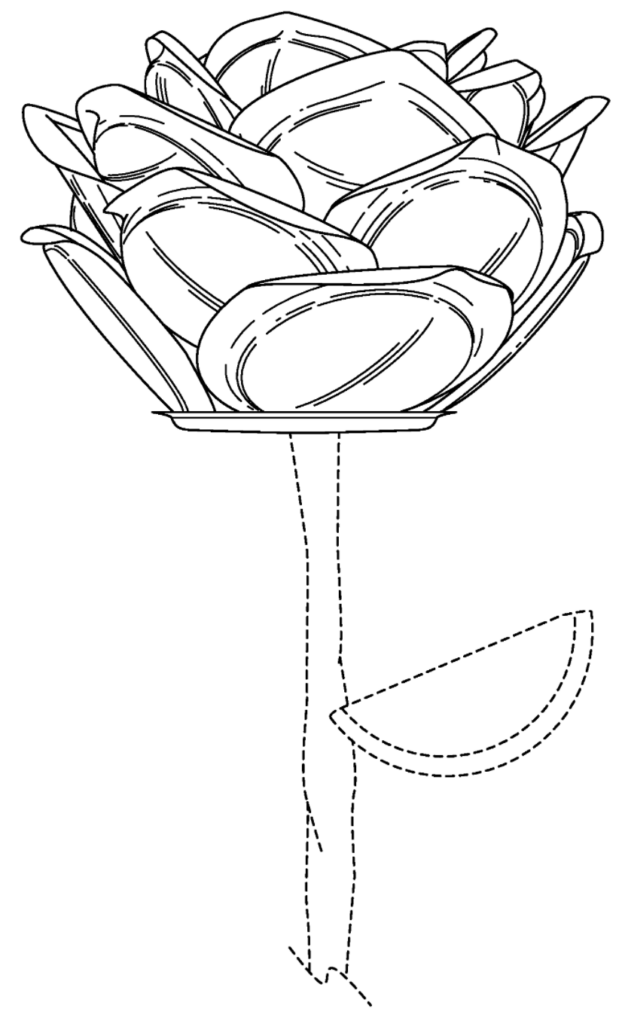
In an ideal world, patent examiners are perfect neutral arbiters. They find the best prior artPrior art is the knowledge in the field of a patent that was publicly available before the patent was filed. and always make the right decision as to whether an idea is new and entitled to a patent. In this world, we wouldn’t need inter partes review or validity challenges in court—examiners would get it right the first time.
The reality, of course, is that examiners are humans. They make mistakes. They miss prior artPrior art is the knowledge in the field of a patent that was publicly available before the patent was filed. or are unable to access it it. Some are better at the job than others. And, according to a new study from Yale’s School of Management, just like other humans, they sometimes exhibit biases. In particular, the study concludes that examiner biases result in fewer and narrower patents being granted to female inventors.
Given these sorts of flaws in examination, along with the structural incentives to grant marginal patents and the opportunities to improve patent quality identified by the GAO, the first priority for the Patent Office’s new Director should be to focus on improving examination.
A Rose By Any Other Name Might Be More Likely To Receive A Patent
Examiners may or may not interact with inventors directly, but they always have access to the names of the inventors.
By examining bulk data made available by the PTOPatent and Trademark Office, informally used interchangeably with USPTO., the Yale researchers showed that inventors with identifiably female names were 8% less likely to receive a patent than inventors with identifiably male names. They also examined names that strongly correlate to gender, but which are not well-known, finding that the gap there was significantly reduced. Similarly, even when a patent was granted to a woman, it was more likely to receive rejections that required amendments. These amendments narrow the scope of a patent, reducing its value.
Essentially, the study concludes that the gap in grant rate correlates to examiner awareness of inventor gender, not to inventor gender itself. When an application from an identifiably female inventor is examined, researchers found that women are systematically less likely to receive a patent, and systematically more likely to receive a narrower patent.
In other words, 1 out of every 12 inventions by a woman wouldn’t receive a patent, but likely would have if the inventor was a man. And the other 11 are likely to be narrower than if the inventor had been a man.
Doff Thy Name?
One suggestion made by the paper’s authors is to only provide examiners with the inventor’s initials and to restrict exchanges between applicants and examiners to anonymized platforms.
This solution may sound good, but it simply doesn’t reflect actual patent prosecutionPatent prosecution is the process of applying for a patent, along with any further proceedings before the USPTO. practice. Attorneys regularly have the inventor participate in discussions with examiners because inventors usually understand what they invented better than their attorneys do and can explain the invention better than their attorneys can. And unless you bar inventor interviews—a bar which hurts examiners’ ability to understand inventions—then it creates an advantage for male inventors who communicate with the Office.[1. The First Amendment right of petition might also be a problem for a rule barring inventor communications with the PTOPatent and Trademark Office, informally used interchangeably with USPTO..] They can receive the advantages of inventor interviews, while female inventors can’t do so without revealing their gender and experiencing the associated difficulties.
Instead of trying to limit communications between inventors and examiners, communications which aid examiner understanding and help patents issue with appropriate scope, the Office should focus its efforts on reviewing the work done by examiners, ensuring that they grant patents appropriately and without bias.
Helping Lost Einsteins
Director Iancu has emphasized, in his public speeches, that he wants to make sure the Patent Office helps inventors and protects their intellectual property. But far too many of his proposals deal with inter partes review (IPRIntellectual Property Rights. Usually associated with formal legal rights such as patent, trademark, and copyright. Intellectual property is a broader term that encompasses knowledge, information, and data considered proprietary whether or not it is formally protected.), not with examination. The USPTOUnited States Patent and Trademark Office. See also PTO. receives around 650,000 patent applications each year and only receives around 1500 petitions for AIAAmerica Invents Act of 2011. AIA made modest reforms, most notably moving the U.S. to a first-inventor-to-file system more aligned with foreign practice, but also including expanding prior user rights to all patent-eligible subject matter, and instituting a post-grant review proceeding. trials such as IPRIntellectual Property Rights. Usually associated with formal legal rights such as patent, trademark, and copyright. Intellectual property is a broader term that encompasses knowledge, information, and data considered proprietary whether or not it is formally protected. and covered business method reviews.
Raj Chetty’s work on “Lost Einsteins” makes clear that women are underrepresented in patent activity, and that underrepresentation leads to less innovation in the U.S. In order to make sure that women can fully contribute to the innovation, investment, and job creation that Director Iancu emphasizes in his speech, addressing the flaws in the examination process—the biases found by the Yale researchers, the structural incentives to grant marginal patents, and the identified opportunities to improve the quality of issued patents—should be his first priority.

